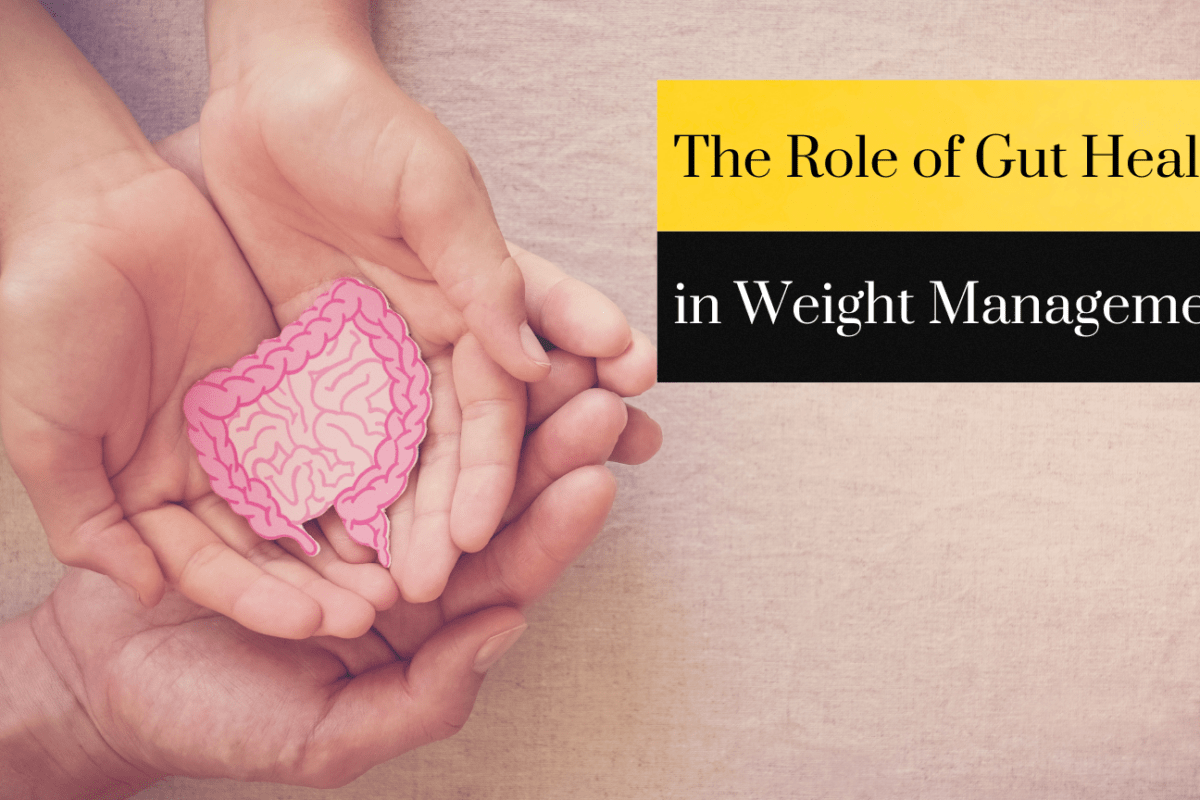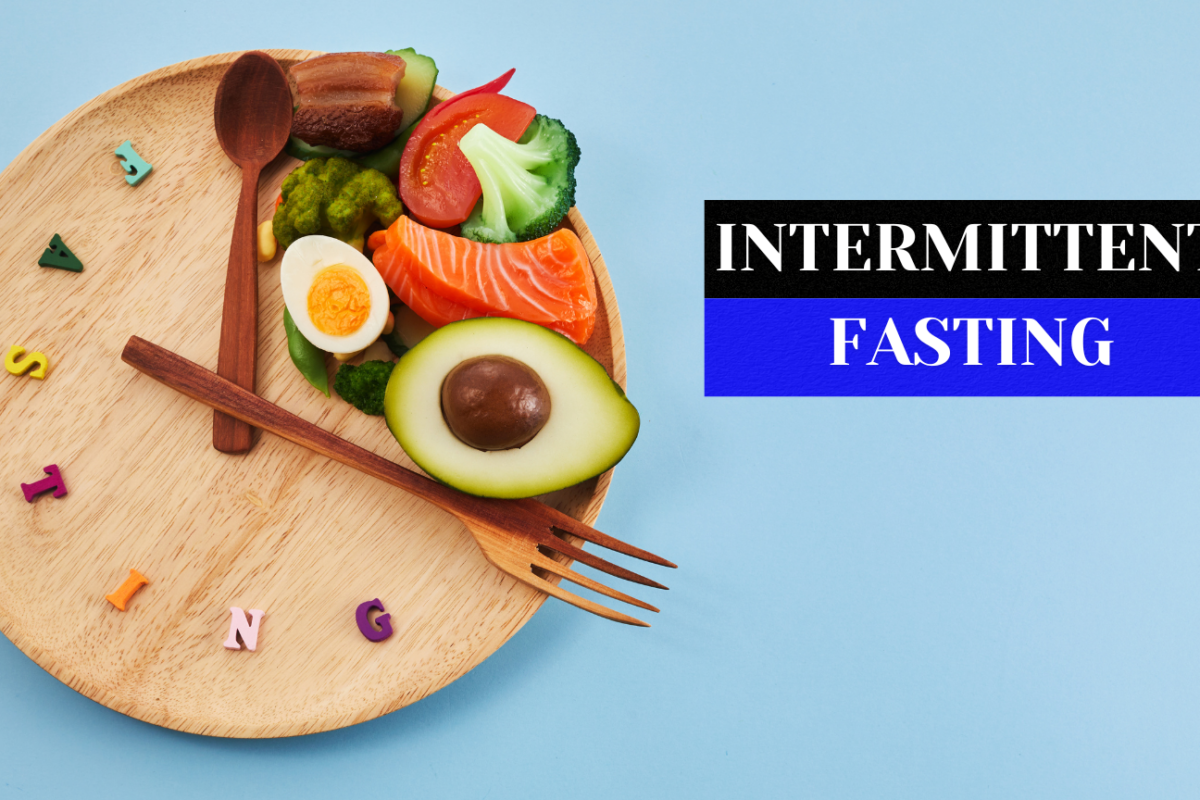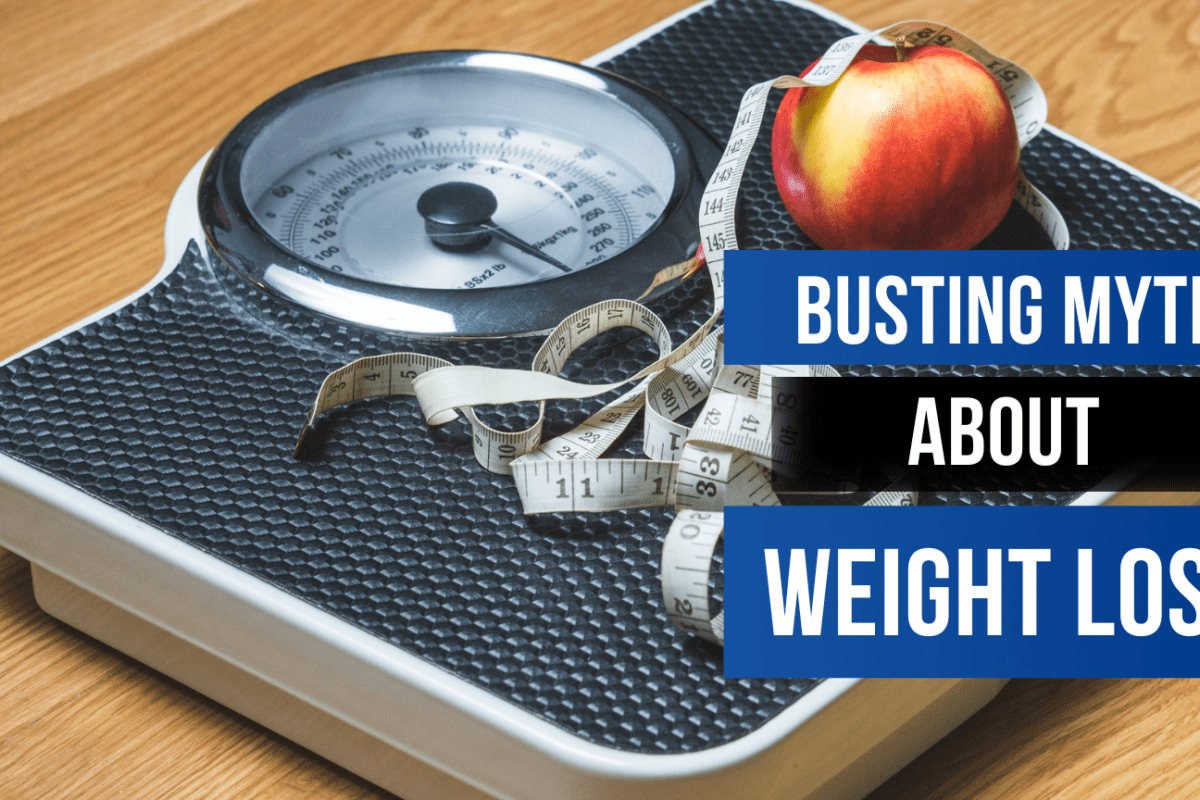At Weight Loss Revolution, we understand that weight loss is not just about cutting calories and increasing exercise. A crucial factor in achieving and maintaining a healthy weight is often overlooked: gut health. In recent years, the intricate relationship between gut health and weight management has garnered significant attention in the scientific community and among the general public.
The gut, often referred to as the “second brain,” plays a crucial role not only in digestion and nutrient absorption but also in influencing metabolic health, immune function, and even mood. Understanding the connection between gut health and weight management involves exploring the gut microbiome, the diverse community of microorganisms living in our digestive tract, and their impact on metabolic processes.

Gut Microbiome
Gut health refers to the balance of microorganisms in your digestive system. A healthy gut is home to trillions of beneficial bacteria, yeast, and other microorganisms that work together to support overall health and wellbeing. The gut microorganisms play a vital role in various bodily functions, including:
Digestion and Nutrient Absorption:
Gut bacteria help break down complex carbohydrates, fibres, and proteins, making it easier for the body to absorb essential nutrients.
Immune System Regulation:
A healthy gut microbiome contributes to a robust immune system by preventing the growth of harmful pathogens and promoting the development of immune cells.
Metabolism and Energy Balance:
Certain gut bacteria influence the body’s ability to store fat and regulate blood sugar levels, directly impacting weight management.

Gut Health & Weight Management
Research has shown that the composition of the gut microbiome can significantly affect weight management. Several mechanisms explain this connection:
Energy Harvesting from Food:
Some gut bacteria are more efficient at extracting energy from food, leading to increased calorie absorption. Individuals with a higher proportion of these bacteria may be more prone to weight gain .
Short-Chain Fatty Acids (SCFAs):
Gut bacteria produce SCFAs, such as butyrate, propionate, and acetate, through the fermentation of dietary fibres. SCFAs play a role in regulating appetite by stimulating the release of hormones like GLP-1 and PYY, which promote feelings of fullness.
Inflammation and Insulin Sensitivity:
An imbalance in gut bacteria, known as dysbiosis, can lead to chronic inflammation and insulin resistance. These conditions are closely linked to obesity and metabolic disorders.
Behaviour and Cravings:
The gut-brain axis, a bidirectional communication system between the gut and the brain, influences eating behaviour and food cravings. Gut bacteria can produce neurotransmitters, such as serotonin and dopamine, which affect mood and appetite.
Ways To Manage Gut Health For Weight Management
To leverage gut health for effective weight management, consider the following strategies as advised by our experts at Weight Loss Revolution:
Increase Fibre Intake:
Consuming a variety of fibre-rich foods, such as vegetables, fruits, legumes, and whole grains, supports the growth of beneficial gut bacteria.
Incorporate Probiotics and Prebiotics:
Probiotics are live beneficial bacteria found in fermented foods like yogurt, kefir, sauerkraut, and kimchi. Prebiotics, found in foods like garlic, onions, and bananas, act as food for probiotics.
Limit Processed Foods:
Reducing the intake of processed foods, added sugars, and artificial sweeteners helps maintain a balanced gut microbiome.
Stay Hydrated:
Adequate hydration supports digestion and nutrient absorption, promoting overall gut health.
Manage Stress:
Practices such as mindfulness, meditation , and regular exercise can reduce stress and its negative impact on gut health.

At Weight Loss Revolution, we recognize the importance of gut health in achieving sustainable weight loss. By prioritising gut health, you’ll not only support your weight management journey but also overall wellbeing. Take the first step towards a healthier, happier you by scheduling a consultation with our experts today!
Bibliography
- Carmody, R. N., & Bisanz, J. E. (2023). Roles of the gut microbiome in weight management. Nature Reviews. Microbiology, 21(8), 535–550. https://doi.org/10.1038/s41579-023-00888-0
- Aoun, A., Darwish, F., & Hamod, N. (2020). The influence of the gut microbiome on obesity in adults and the role of probiotics, prebiotics, and synbiotics for weight loss. Preventive Nutrition and Food Science, 25(2), 113–123. https://doi.org/10.3746/pnf.2020.25.2.113
- Chukwu, P. (2024, March 24). Gut health and weight loss: Do gut bacteria play a role? https://zoe.com/learn/gut-health-and-weight-loss
- Hungler, C. (2023, June 13). Role of the gut microbiome in weight management. Tri State Gastroenterology Associates. https://tristategastro.net/role-of-the-gut-microbiome-in-weight-management/
Robertson, R., PhD. (2022, January 19). How your gut bacteria can influence your weight. Healthline. https://www.healthline.com/nutrition/gut-bacteria-and-weight

















